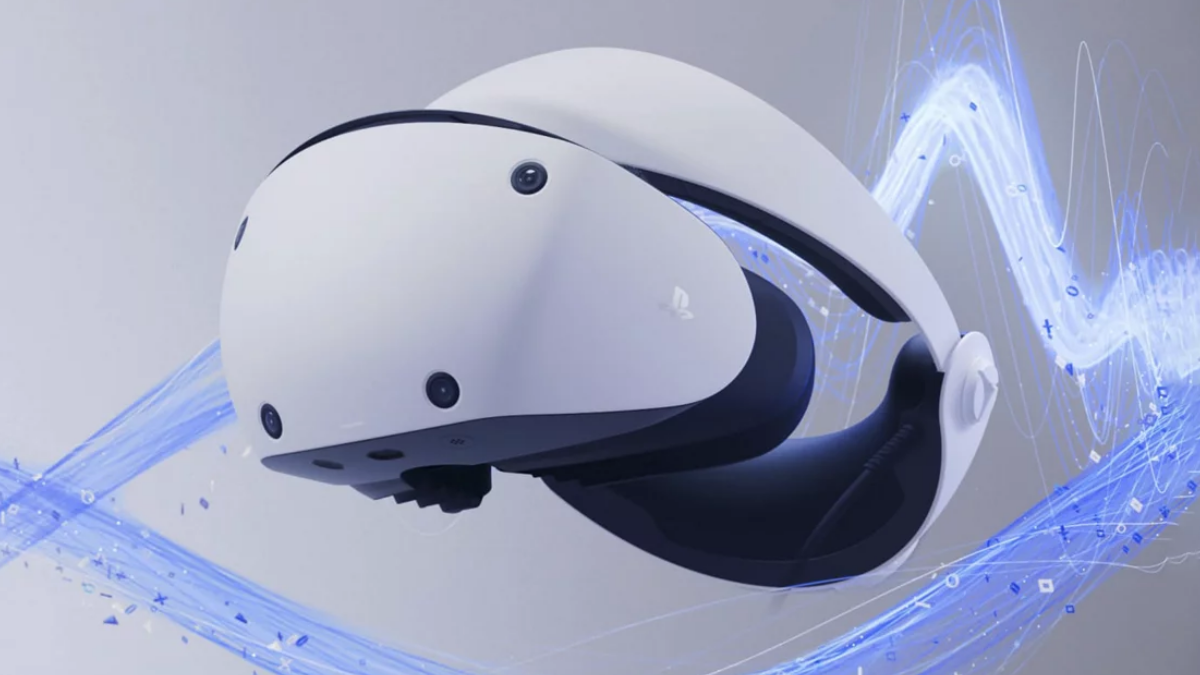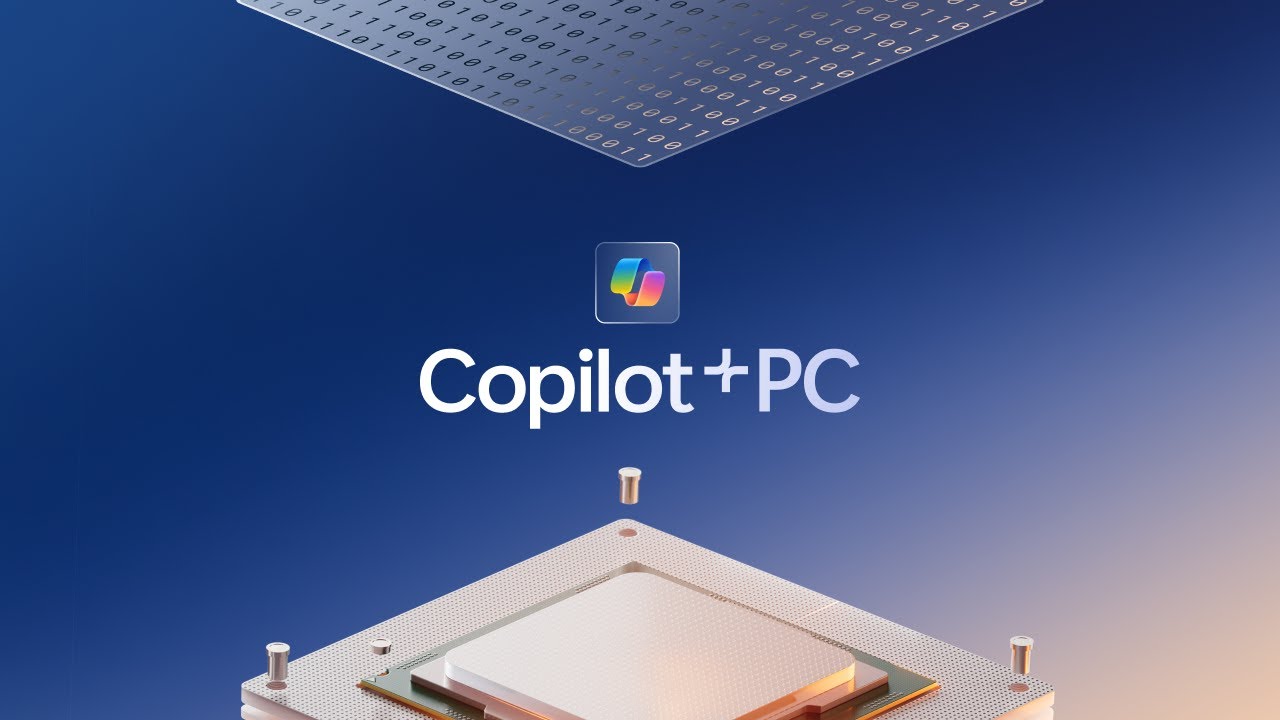Microsoft CEO: "I did not get why the world needed the third ecosystem in phones"
2 min. read
Published on
Read our disclosure page to find out how can you help MSPoweruser sustain the editorial team Read more

It’s no revelation that current Microsoft CEO was against the Nokia Mobile acquisition in 2013, but in his new autobiography, Nadella revealed his thoughts at the time, which I suspected also guided his subsequent actions when he replaced Steve Ballmer in 2014.
In his book, Hit Refresh, he comments:
“The Nokia deal [was a] painful example of this loss [in mobile]. We were desperate to catch up after missing the rise of mobile technology … Nokia fell from the market-share leader in mobile to number three.”
“The hope was that combining the engineering and design teams at Nokia with software development at Microsoft would accelerate our growth with Windows Phone and strengthen our overall devices ecosystem. The merger could be the big, dramatic move Windows needed to catch up with iOS and Android in mobile.”
Nadella, however, voted against the deal when Steve Ballmer polled his Senior Leadership Team. He explained why, saying:
“I voted no,” Nadella writes. “I did not get why the world needed the third ecosystem in phones unless we changed the rules … But it was too late to regain the ground we had lost. We were chasing our competitors’ taillights.”
Many of our readers note that Windows Phone has significant success in Europe, but Nadella dismissed those gains, saying:
“Double-digit market share in some European countries.” But Windows phone always remained a distant third in the market.
Microsoft’s efforts post acquisition, of course, disappointed many of our readers. Flagship handsets were cancelled, a wide variety of poorly differentiated and low-specced low-end devices were released and Nadella eventually wrote off the whole $7.5 billion acquisition in 2015.
“Buying a company with weak market share is always risky,” Nadella explains. “We should only be in the phone business when we have something that is really differentiated.”
For our somewhat obsessed readers, this is not a hint for a super surface phone coming, as Nadella notes that Office and Continuum ( we assume he means Continue where you left off) now runs on all platforms.
I think it now safe to say that independent of whether Windows Phone could have succeeded or not, as many of our readers have long suspected, under Nadella it never had a chance.









User forum
0 messages